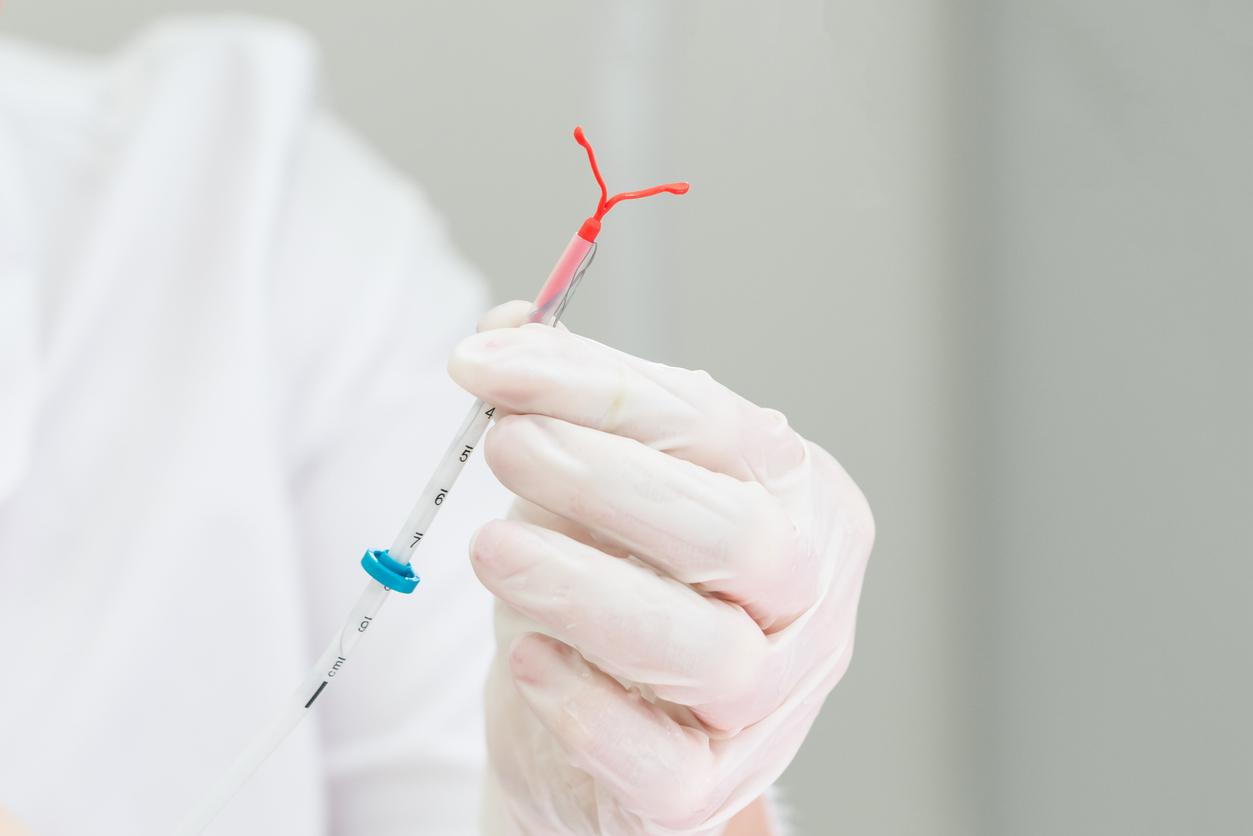Sleep habits could directly influence the composition of the intestinal microbiota and therefore cognitive development, according to research carried out on children.

- Children who went to bed early had a greater abundance of certain beneficial gut bacteria. In particular, Akkermansia muciniphila, known for its role in intestinal health and its potential links with cognitive functions.
- According to the study, sleep habits could directly influence the composition of the intestinal microbiota. For example, Alistipes finegoldii was positively correlated with the time it took to fall asleep.
- In early sleepers, the analysis showed increased activity in amino acid metabolism and neurotransmitter regulation, processes crucial for brain development. Which suggests a link between gut health and cognitive functions.
Early bed or night owl? A new study published in the journal Scientific Reportshighlighted marked differences in the composition of children’s intestinal microbiota depending on bedtime: those who go to bed earlier benefit from a greater diversity of “good” bacteria in their intestinal flora, an essential factor for overall health and cognitive development.
Sleep habits influence the composition of the microbiota
To reach these conclusions, researchers from a pediatric research institute in China examined the relationship between sleep habits and gut microbiota in 88 healthy children, aged 2 to 14 years old. These children were divided into two groups, those who went to bed daily before 9:30 p.m. and those who went to bed after. For two weeks, their parents kept sleep diaries, noting bedtimes, nighttime awakenings and sleep quality. “In particular, previous studies have shown that healthy sleep improves academic performance and physical growth, and is associated with healthier BMI levels”can we read in a press release.
Genomic analysis of fecal samples revealed that children who went to bed earlier had a greater abundance of certain beneficial gut bacteria. Especially, Akkermansia muciniphilaknown for its role in intestinal health and its potential links with cognitive functions, was significantly more present. Other bacteria, such as Holdemania filiformis, Streptococcus sp. A12 And Alistipes finegoldiiwere also more abundant among early-birds.
According to the results, sleep habits could directly influence the composition of the intestinal microbiota. For example, Alistipes finegoldii was positively correlated with the time it took to fall asleep, but Akkermansia muciniphila was positively correlated with total sleep duration, but negatively correlated with dream frequency and sleep efficiency.

Links between sleep, microbiota and cognition
In children going to bed early, the analysis also showed increased activity in amino acid metabolism and neurotransmitter regulation. These pathways appear to be crucial for brain development, suggesting “a possible link between intestinal health and cognitive functions”.
The study results raise a pertinent question: does sleep influence the microbiota, or is it the other way around? While research has focused on the impact of sleep on bacterial diversity, it is indeed possible that intestinal flora itself plays a role in sleep quality. Understanding the underlying mechanisms linking sleep, microbiota and cognitive functions could help develop targeted strategies to improve sleep disorders and overall health in children.


















